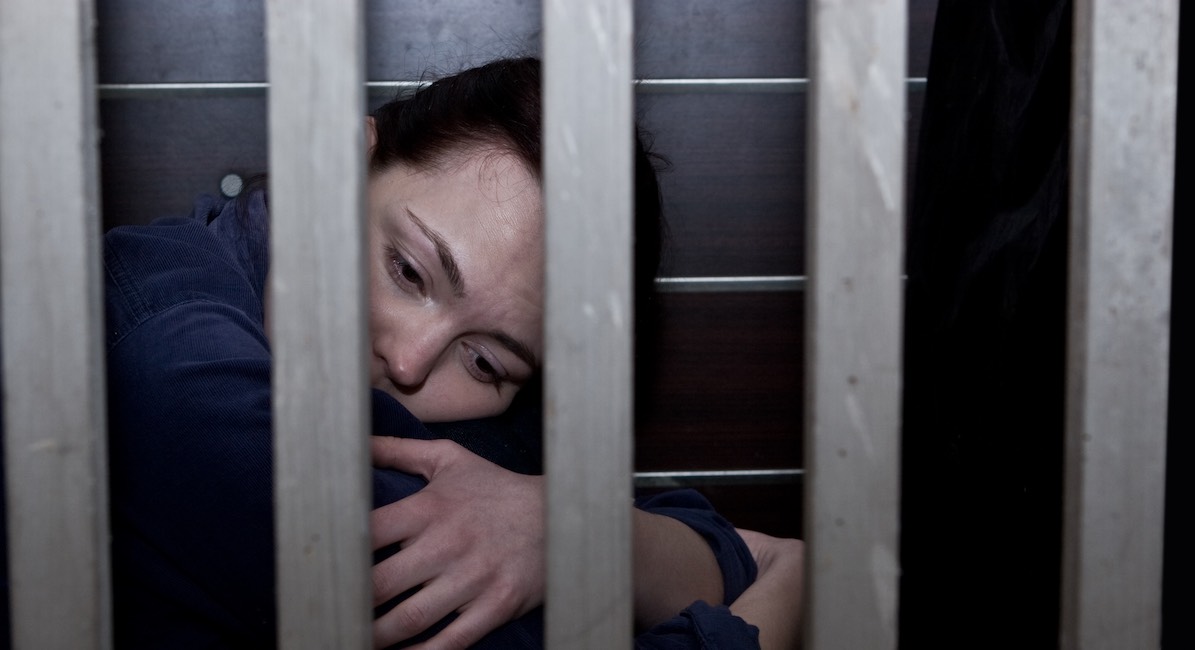There are an estimated 12,000 pregnant inmates in the U.S. each year, according to the American Civil Liberties Union, and yet multiple news articles concerning pregnant or postpartum inmates all reiterate the same abysmal fact: there are no federal standards of care for the treatment of pregnant and newly postpartum inmates, and no government agency even tracks these women or their children.
With the exception of nine states that have in-prison nurseries, elsewhere newborns are routinely separated from their mothers just over 24 hours after delivery, sending them into the arms of willing relatives, adoptive parents, or foster care. But with the passage of the Healthy Start Act, which “allows pregnant mothers to serve their sentences in community alternatives, such as halfway houses or addiction rehabilitation centers,” Minnesota aims to offer a different approach for healthier moms and babies.
While California, Illinois, Indiana, Ohio, Nebraska, New York, South Dakota, Washington, and West Virginia have in-prison nurseries, and community-based programs exist in various prisons in Alabama, California, Connecticut, Illinois, North Carolina, Massachusetts, and Vermont, Minnesota is the first state to offer statewide conditional release to qualified pregnant inmates. Eligible prisoners will receive “treatment and programming in the placement location for the duration of their pregnancy and for up to one year post-birth to allow for the child to be near their mother for the first year of their lives” according to a press release.
The commissioner of the state Corrections Department said, “We want to take a comprehensive approach. We want to place mothers according to their need — where they can receive parenting skills, prenatal care, postnatal care or mental health counseling. We know the healthier the bond is between mother and child, the more likely these women will be successful.”
READ: Abortion didn’t save Candice from addiction. Her baby boy did.
The Child Welfare League of America reports that four percent of state prison inmates and three percent of federal prison inmates are pregnant when they go to jail. Women comprise only about 10% of inmates nationally, but their rates of incarceration are rapidly accelerating, with a 700% increase since the 1980s. Roughly 25% of female inmates have been jailed on drug charges.
Regrettably, pregnant inmates are unlikely to have adequate prenatal care. Inmates at an Alabama prison featured in a documentary about conditions for pregnant women behind bars received just one ultrasound and one visit from a doctor during their pregnancies. Normally, pregnant women have 13 prenatal visits or more, scheduled more frequently as the due date approaches. Some women in prison are allowed to pump breastmilk to nourish their babies, while many others are not. Incarcerated women have far higher rates of postpartum depression and psychosis than women in the general population. These sad realities are what the Minnesota law seeks to avoid.
In Minnesota, pregnant inmates are likely to be incarcerated for nonviolent crimes, and most are six months or less from their release date. Minnesota is also the only state that mandates the provision of doulas to assist laboring inmates, though the state does not foot the bill for those costs, leaving the task of fundraising to nonprofits.
In 2019, Live Action News reported on the creation of a pregnancy wing specifically for expecting inmates at Logan County Correctional Facility in Illinois. The unit takes a rehabilitative rather than punitive approach, providing education, training, and treatment for expectant moms, who sleep on real beds and have access to snacks during the day.
While abortion advocates routinely cite adverse life circumstances as indicators of the necessity of abortion, pregnant inmates found on the converse that their children motivated them to make substantial positive life changes. One incarcerated Minnesota woman’s comment epitomizes these women’s experiences. “The bond with my children is the most important thing in my life,” she said, “and the thing that keeps me focused on doing well.”
“Like” Live Action News on Facebook for more pro-life news and commentary!







